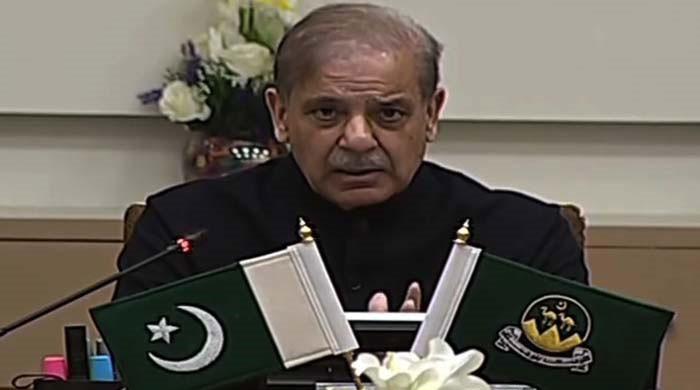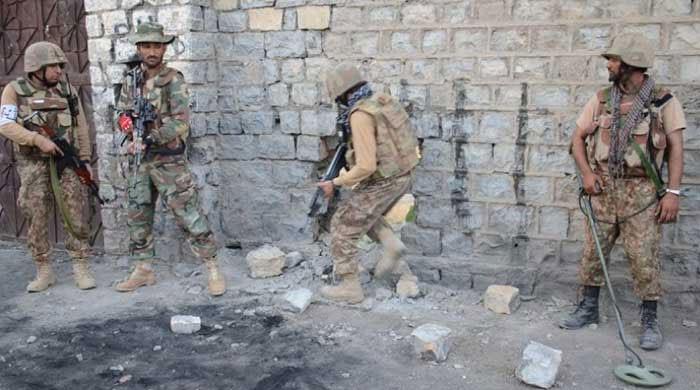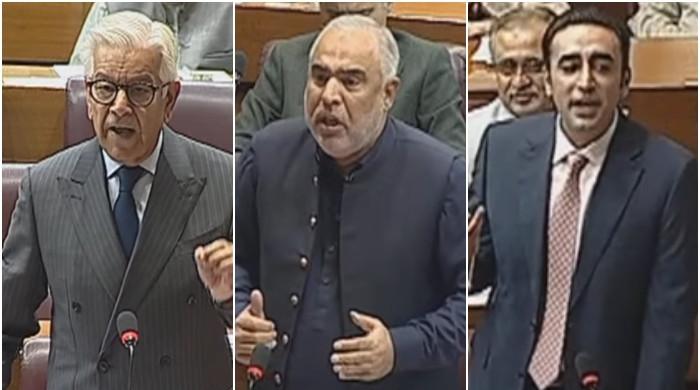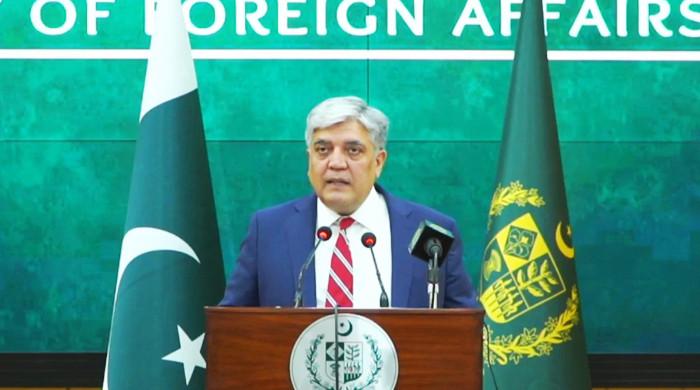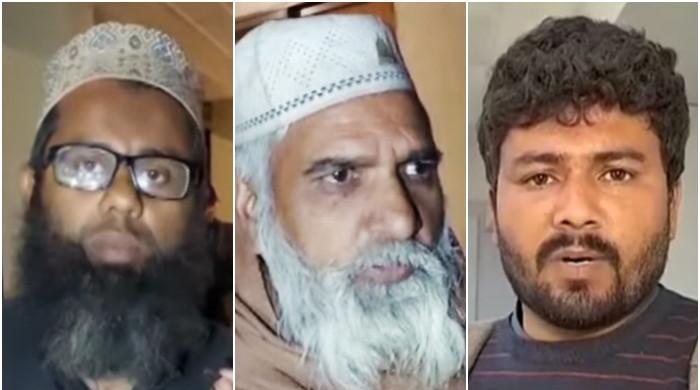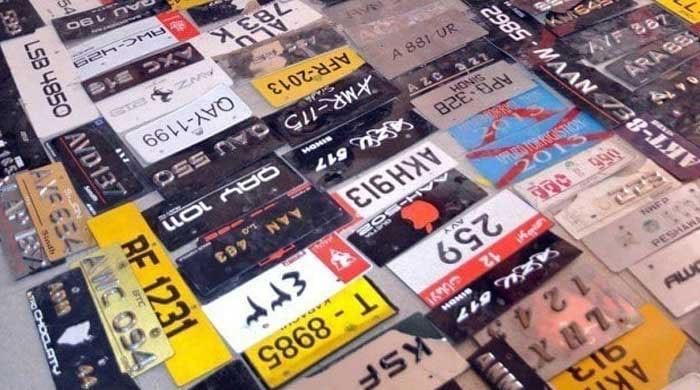Milkar.com: Pakistan’s 'Uber' for Community Service
There are over 13,000 volunteers and 151 NGOs registered on Milkar
April 29, 2023
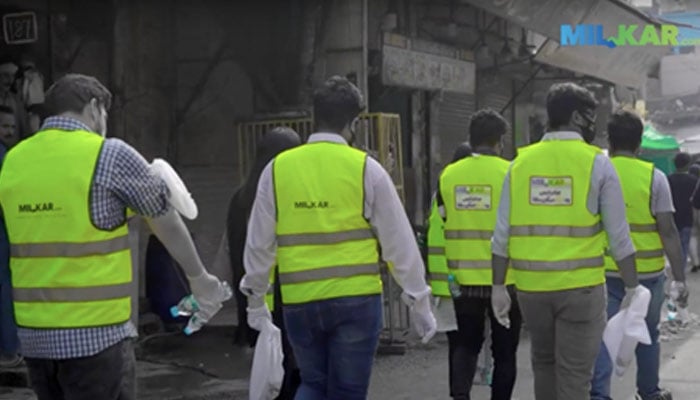
Muhammad Bilal had a small hotel in Swat, where he hosted tourists every summer. Last year, as the floods raged across Pakistan, his hotel was also damaged by the hill torrents. Hundreds of tourists were left stranded; thousands of locals were left homeless. With the roads cut off, outside help would have taken days to arrive.
Bilal was part of the Milkar.com volunteer network. Instead of waiting for outside help, he decided to create a campaign “Rebuild Swat” on Milkar’s platform.
In just a few hours, over 500 volunteers on Milkar signed up to help Bilal. Alongside volunteers, two Milkar partner NGOs, Allah-wala Trust and IPAC, mobilised resources to set up medical camps and arrange food for displaced families.
“Rebuild Swat” is an example of hundreds of projects on the Milkar.com platform. Conceived as an “Uber” for community service, Milkar connects people, skills and good causes.
There are over 13,000 volunteers and 151 NGOs registered on Milkar. As soon as an NGO lists a project on the Milkar platform, an alert is sent out on the Milkar mobile application to all those volunteers who meet the project’s requirements.
Volunteers can sign-up for the project for a specific number of hours, and their public profile on Milkar is updated with the activities for which they have volunteered.
Volunteers can also receive a review from the NGOs for whom they have volunteered. These endorsements, along with their public record of volunteering work, become part of their public profile which they can share as evidence of their volunteering activities.
Milkar has partnered with scores of universities and schools to convert community service projects on Milkar into academic credit units for students. Milkar recently partnered with the Higher Education Commission and the Prime Minister Youth Program to work with students in Green Youth Clubs to promote campus projects which raise awareness about climate change.
NGOs like Akhuwat, Al-Khidmat, WWF, and SOS engage volunteers for everything from food distribution at soup kitchens, collection of used winter clothing, online book reading sessions for SOS village students to setting up blood donation camps.
Volunteers in Milkar are not restricted to big cities. During the floods, the volunteer who volunteered the greatest number of hours in relief activities was Atif Amin from Pakka Chun, Khairpur Mir, Sindh. Atif volunteered for Akhuwat Foundation and distributed food and clothing to over 500 families for several months.
There is no dearth of good intentions and resources in Pakistan. There are over 35,000 registered NGOs in Pakistan. Pakistanis are one of the most charitable nations in the world, with 98% of people in the country giving charity in one form or another.
Yet, surprisingly, there is very little culture of community service. For instance, in a country where less than 5% population have access to clean drinking water, a major focus of NGOs and government is to set up a vast network of water filtration plants for different communities.
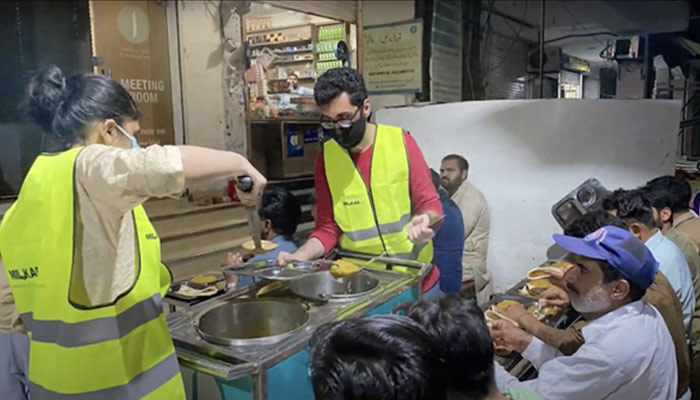
However, while these NGOs and governments install these plants initially, most of them become dysfunctional within a couple of years due to lack of maintenance. Unlike other countries, where communities take ownership of such projects, there is no systematic platform to engage and mobilise communities in Pakistan.
“Milkar is aimed at changing that”, said Hadi Saif who heads the Milkar’s student volunteer program. “Milkar volunteers have worked for over 9,000 hours on community service projects in the past two years”, he added.
This year, Milkar volunteers are working with IPAC (Infection Prevention and Control Foundation) and PCA (Pakistan Citizen Alliance) to install 30 handpumps in Shujabad, Rajanpur and Fazilpur in South Punjab. Importantly, once installed, these community volunteers will ensure maintenance and ownership of these handpumps.
Milkar regularly works with NGOs like Akhuwat Foundation. For the last two years, hundreds of volunteers have participated in collecting winter clothing for those who cannot afford to buy new clothes.
“Using Milkar, we have been able to quickly mobilise volunteers and resources”, said Dr Amjad Saqib, Chairman of the Akhuwat Foundation. Milkar volunteers have collaborated with Akhuwat to collect and distribute clothes to over 54,000 families in the past two years.
“We now have volunteers from over 137 academic institutions from across the country”, as per Kashf Shah who leads community mobilisation for Milkar.
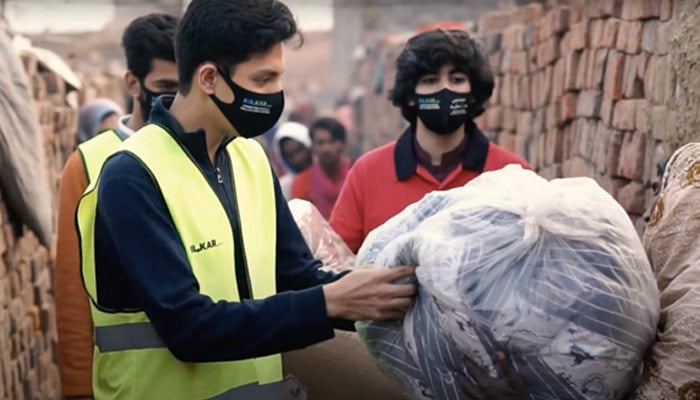
“The overwhelmingly positive response from communities and our NGO partners continues to amaze us.” Milkar is helping promote and celebrate a culture of community service.
This year, Milkar collaborated with the Prime Minister Youth Program on International Volunteer’s Day to celebrate volunteers who contributed positively during the 2022 flood relief activities. Volunteers from 50 universities across Pakistan were conferred the “Flood Heroes Award” by Prime Minister Shehbaz Sharif. Previously, 17 volunteers on Milkar whose projects contributed to UN SDG Goals received awards from Governor Punjab.
Pakistan needs to co-opt its biggest asset in fighting its perennial development challenges: youth. Platforms like Milkar may hold the key to that.





